When it comes to protecting your home, insurance is a crucial safety net. However, not all risks are covered by standard homeowner’s insurance policies. Here are some common home risks that might not be included:
Flood Damage

Standard homeowner’s insurance typically does not cover flood damage. It’s advisable to purchase separate flood insurance from government or private insurers to cover your building, its contents, or both. Individuals living in high-risk flood-prone areas should strongly consider this policy. Additionally, water backup insurance for protection against drain, sump pump, or sewer failures can be added to a standard home insurance policy.
Earthquake Damage
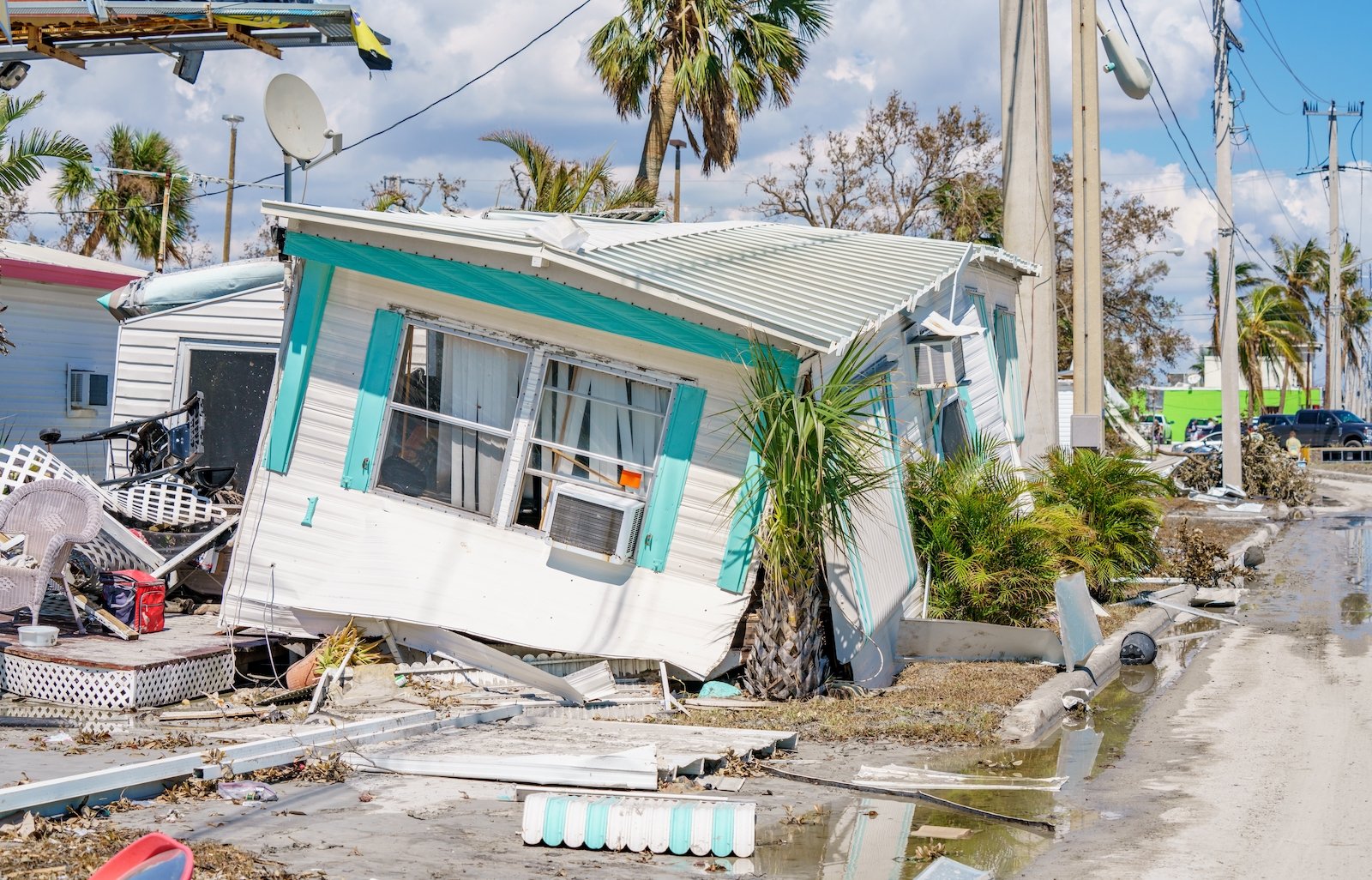
Earthquake damage is another risk not usually covered by standard policies. You can obtain earthquake insurance either as an endorsement to your existing policy or as a standalone coverage. This insurance generally covers the house, attached and unattached structures, and personal property. Alternatively, a “Difference in Conditions” policy offers comprehensive coverage for earthquakes, landslides, floods, and mudflows. For sinkhole-related damage, sinkhole insurance allows you to file claims for structural repairs and loss of personal belongings.
Mold Infestation
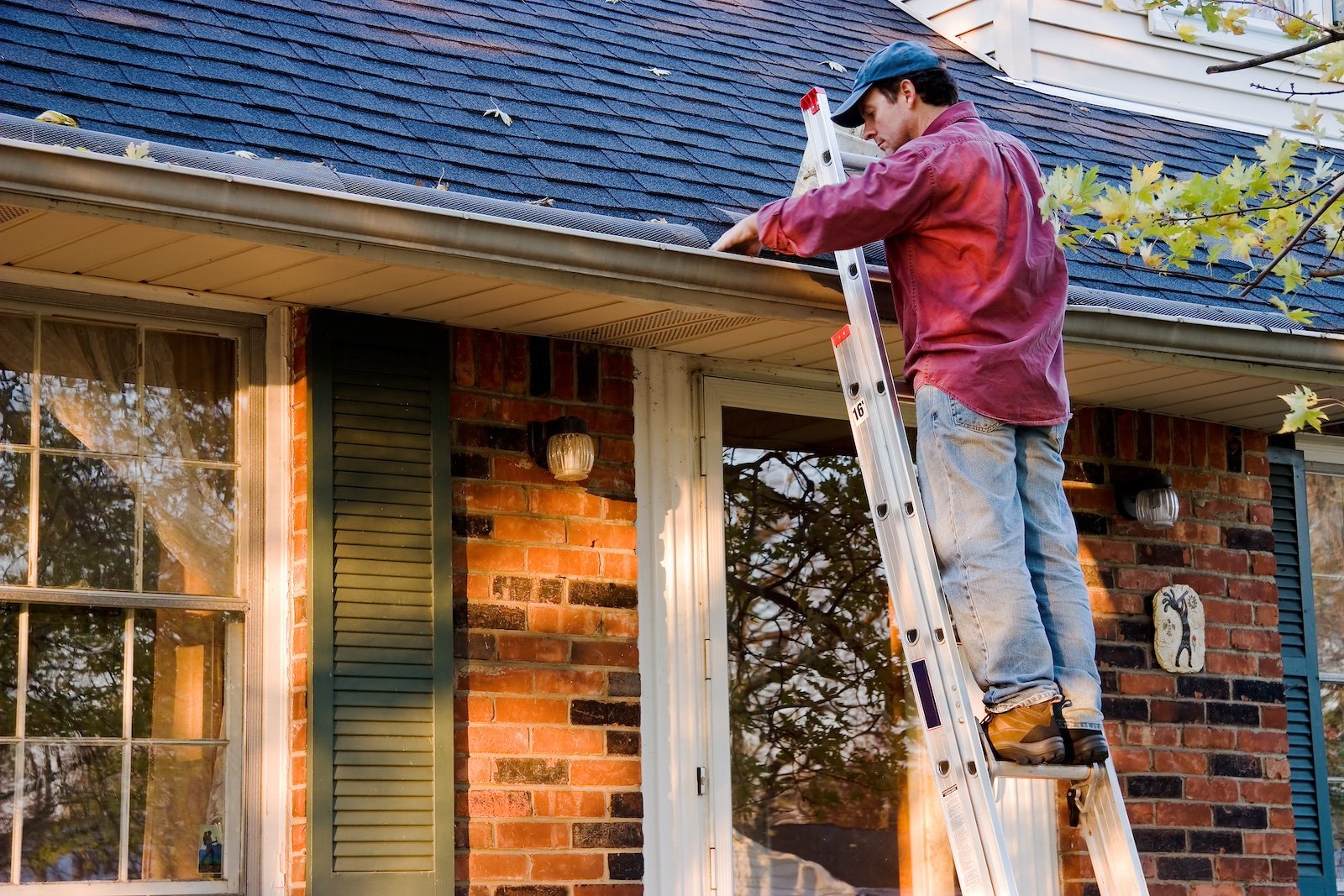
Mold damage caused by neglected maintenance or long-term exposure is often excluded. Insurance may cover mold if it’s a result of a covered peril, like a burst pipe.
Some insurers may deny coverage for mold remediation if it results from neglected water leaks in an aging house. However, if mold develops due to a pipe burst after a storm, you might be eligible for reimbursement. To prevent financial losses, it’s best to focus on moisture control and regular mold cleanups.
Wear and Tear
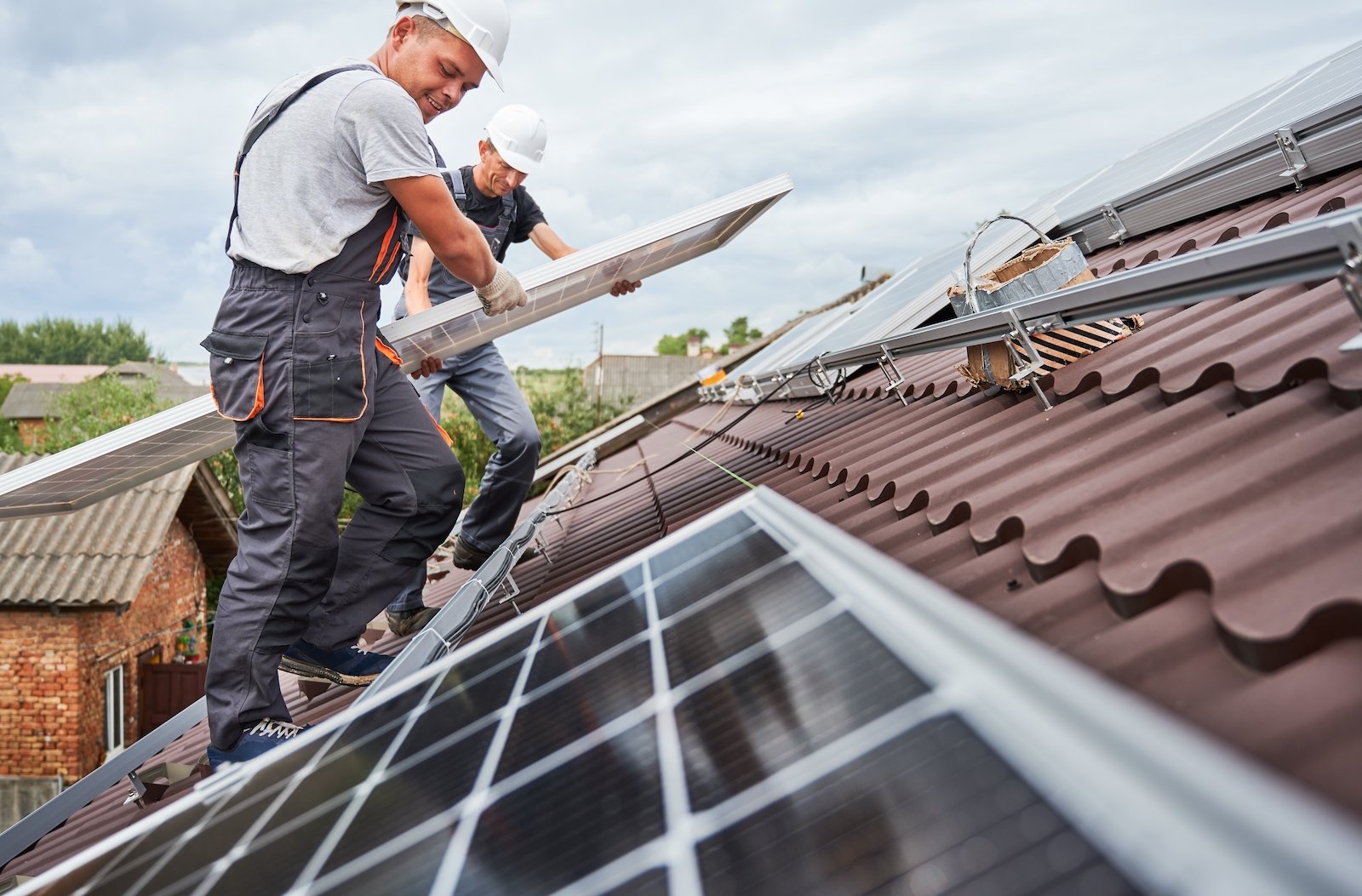
Insurance policies typically do not cover general wear and tear or damage resulting from neglect or lack of maintenance. Homeowners are responsible for performing regular upkeep to prevent these issues from arising. This includes routine inspections, timely repairs, and proper maintenance of key systems and structures, such as plumbing, roofing, and HVAC systems. Failure to address these maintenance needs can lead to problems that may not be covered by insurance, leaving homeowners to bear the costs of repairs and replacements themselves. Essentially, while insurance can protect against sudden and unforeseen damage, it does not replace the need for proactive and consistent home maintenance.
Sewer Backup
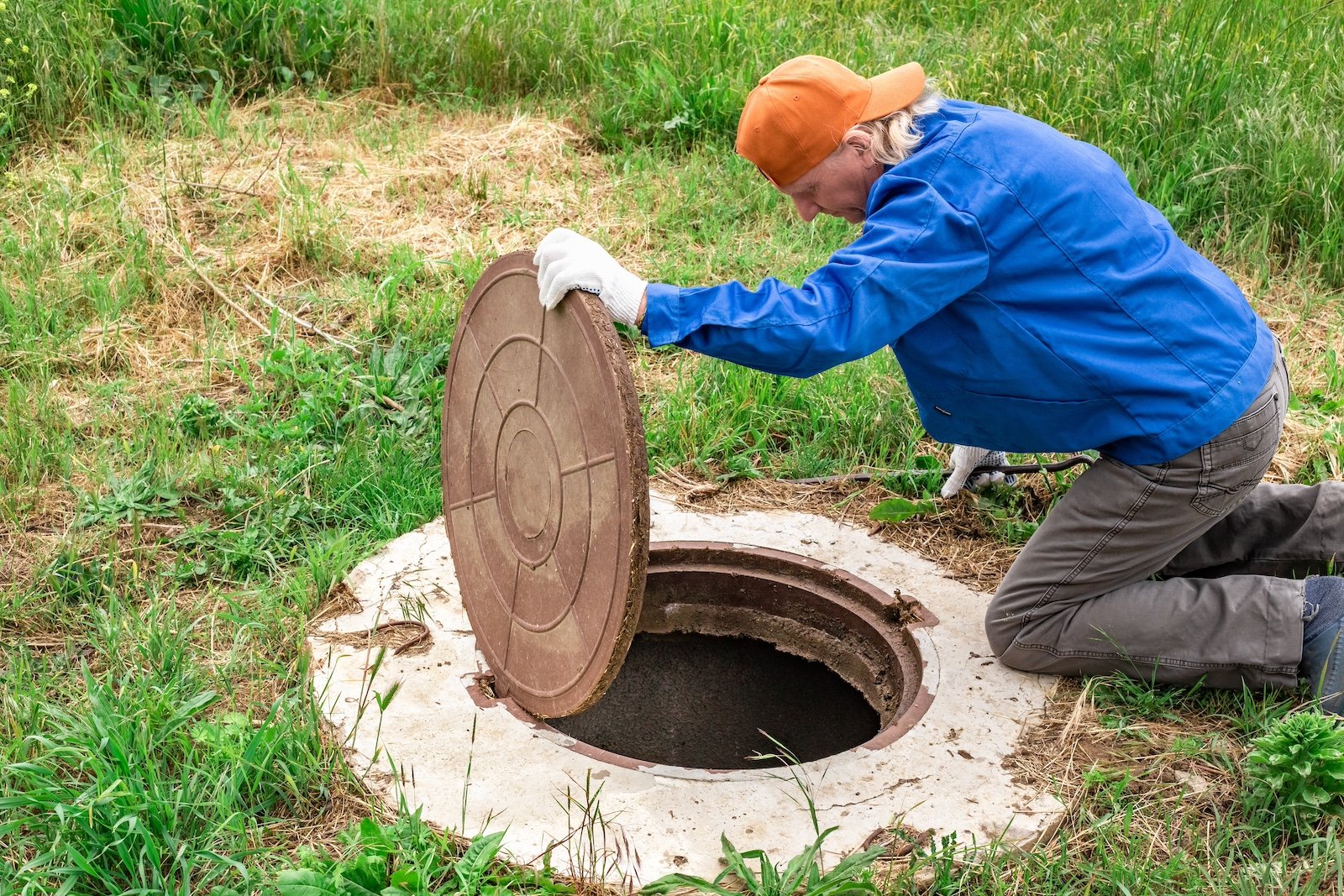
Damage caused by sewer backups is generally excluded from standard home insurance policies, meaning that if your home suffers from such issues, the costs of repairs and cleanup might not be covered. Sewer backups can occur due to blockages or system failures, leading to potentially significant damage to your property and belongings. To protect against these risks, homeowners can often purchase additional coverage as an add-on to their existing insurance policy.
Pest Infestations
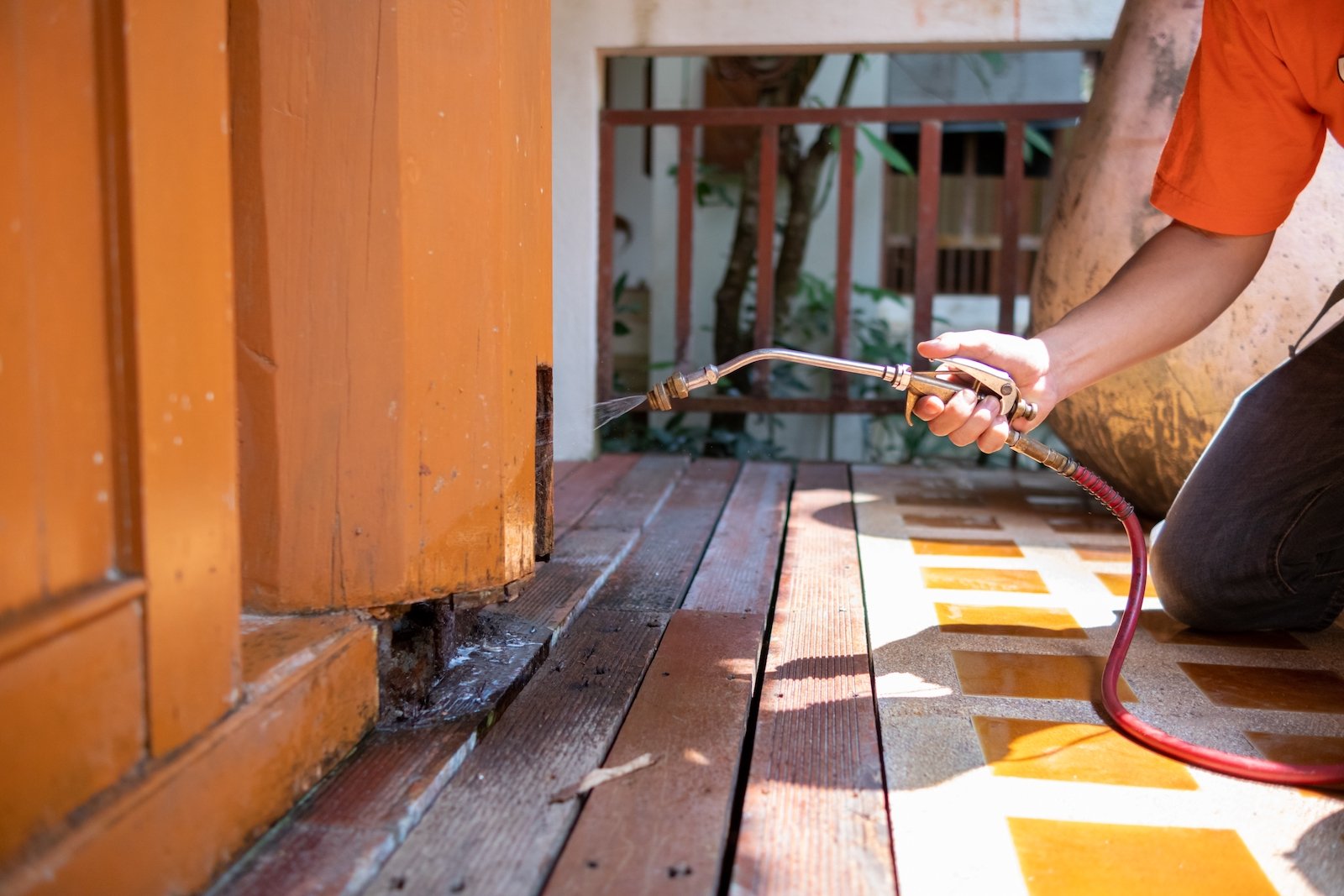
Damage caused by pests like termites, rodents, or insects is typically excluded. To protect your home from such damage, it’s essential to implement regular pest control measures. This proactive approach helps prevent infestations and minimizes the risk of structural damage or costly repairs that insurance won’t cover. Regular inspections and treatments can safeguard your property and maintain its condition, reducing the likelihood of pest-related issues that could lead to financial losses.
Acts of War
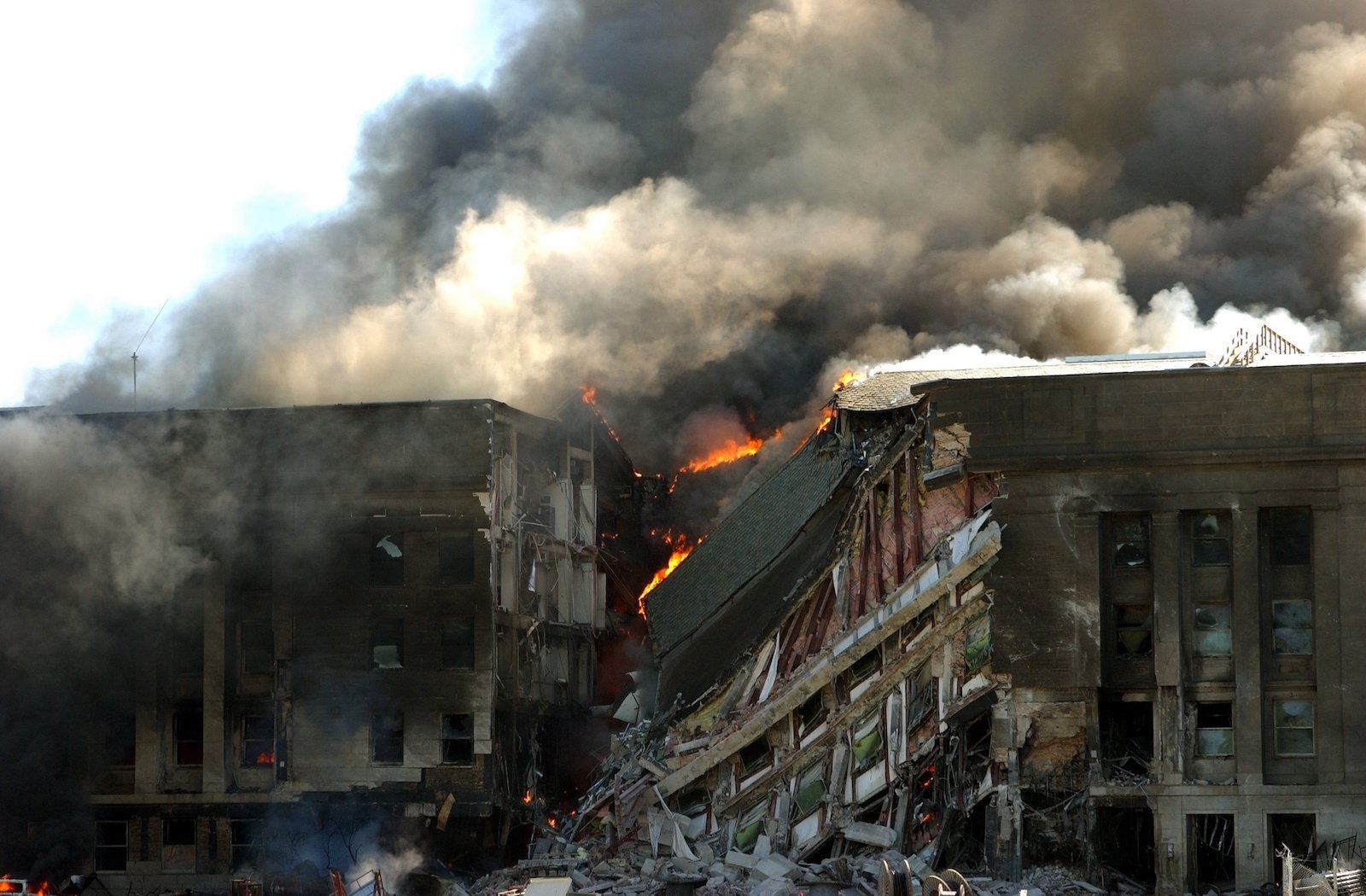
Insurance policies typically include a war exclusion clause, which means you cannot claim damages to your home resulting from declared or undeclared civil or nuclear war. Wars can cause widespread and unpredictable destruction, making it impractical for insurance companies to anticipate or cover such risks. The financial impact of war-related claims could be astronomical and potentially bankrupt insurers.
Nuclear Hazards

Damage from nuclear meltdowns or radiation leaks is generally excluded from home insurance coverage. However, the Price-Anderson Act provides government protection for public injuries and property damage caused by nuclear accidents, holding atomic power plant operators liable for nuclear hazards.
Government Actions
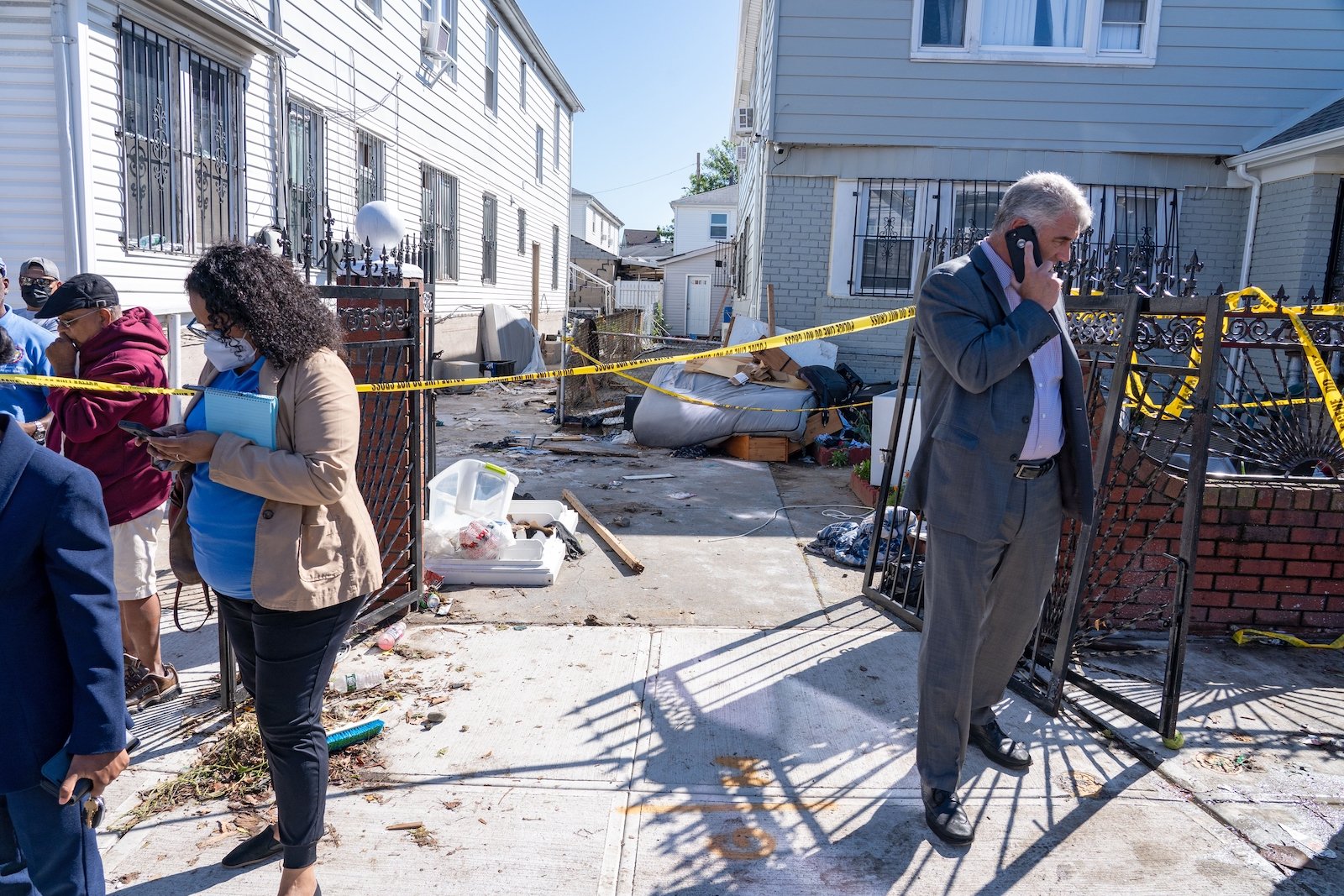
If a government entity confiscates or demolishes your property, either in part or entirely, your home insurance will not cover the repairs or replacements needed due to such actions. While these situations can be distressing, there is limited recourse through insurance.
Pet Damage

Pets, particularly those of aggressive or dangerous breeds, pose risks to both people and property. Insurance policies often offer limited coverage for damages caused by pets, and certain breeds like German Shepherds, Pit Bull Terriers, Doberman Pinschers, and Rottweilers may be excluded from coverage. If you have a pet, consider adding pet-specific endorsements to your home insurance to better address potential issues.
Tree Damage

Coverage for tree damage depends on the specific terms of your insurance policy. Typically, the policy does not cover the costs of removing fallen or dead trees resulting from rot, age, floods, or earthquakes. However, you may be eligible for compensation if a tree falls and causes structural damage to your property due to hail, storms, snow, ice, or lightning-induced fires.
Intentional Damage by Residents

Home insurance generally covers vandalism or malicious mischief caused by individuals who are not residents of your home. You can file a claim for damages resulting from such acts. However, intentional damage caused by you or family members is not covered. For instance, if your spouse deliberately damages a television in anger, this would be considered intentional damage and is not eligible for insurance reimbursement.
Home-Based Business

Standard home insurance policies typically do not provide liability coverage for home-based businesses. If a client is injured or experiences an accident at your home, you would be responsible for any medical expenses or legal settlements. To protect against these risks, it is advisable to purchase a separate home-based business insurance policy.


